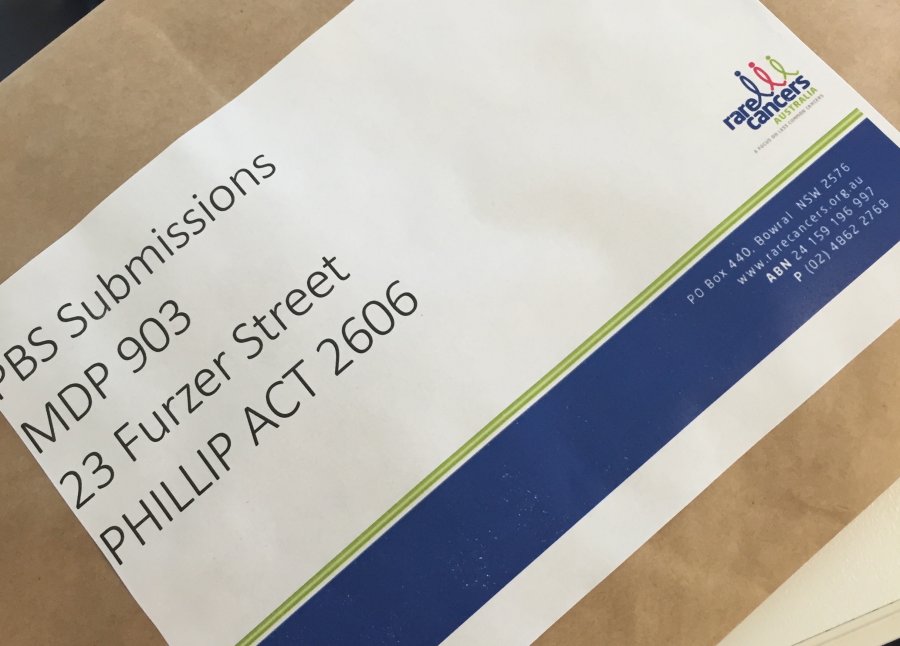Rare Cancers Australia (RCA) has lodged a submission for the reimbursement of MSD's ZOLINZA (vorinistat) for Cutaneous T-Cell Lymphoma and Celgene's ISTODAX (romidepsin) for Peripheral T-Cell Lymphoma.
RCA said it acknowledges a submission of this kind is unusual coming from a patient-focused charity.
"However, our decision to make this application was driven by a strong desire to both help those patients in need of these specific medicines and also to explore new and innovative ways that can bring PBS funded treatments to rare cancer patients in Australia," said RCA in a statement.
"Since its inception in 2012 RCA has identified that there were disproportionately few positive recommendations by the PBAC for rare cancer treatments. In discussing this issue with Government we were advised that as industry had not made submissions there was nothing for the PBAC to act on.
"Similar discussions with the pharmaceutical industry resulted in advice that the burden of evidence required for a PBAC submission made a successful outcome from a submission highly unlikely. In summary, a classic Catch 22 – Industry not making applications due to Government requirements and Government consequently unable to consider applications as none lodged," it added.
According to Richard Vines, Chief Executive of RCA, “This submission is a constructive effort to find new ways to approach this issue. In recent years we have seen white papers, pre-budget submissions and countless articles written on the subject of access to medicines with no tangible change resulting for rare cancers. This submission is intended to allow all parties to carefully consider available information in a real world context and to find new ways to responsibly and fairly provide PBS funded access to patients with rare cancers.”
Mr Vines continued, “We believe this is an exciting initiative and we are confident it will be received and evaluated by the PBAC in the spirit in which it is submitted. We would like to acknowledge the innovative and professional work contributed by THEMA Consulting, the support and assistance of Professor Miles Prince and his team and the support and co-operation of both MSD and Celgene. We would also like to thank Department of Health staff for their ongoing assistance and engagement with RCA.
“RCA is looks forward to working with all parties for a successful outcome and most importantly better outcomes for Australians living with a rare cancer.”
MSD's ZOLINZA (vorinistat) was previously rejected by PBAC for the treatment of advanced (stage IIB-IV) cutaneous T-cell lymphoma (CTCL) where treatment has failed with four systemic therapies.

